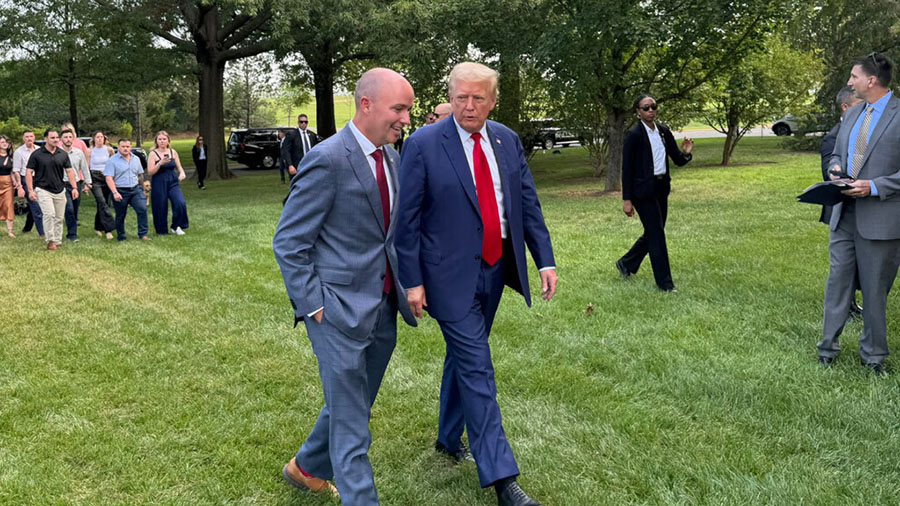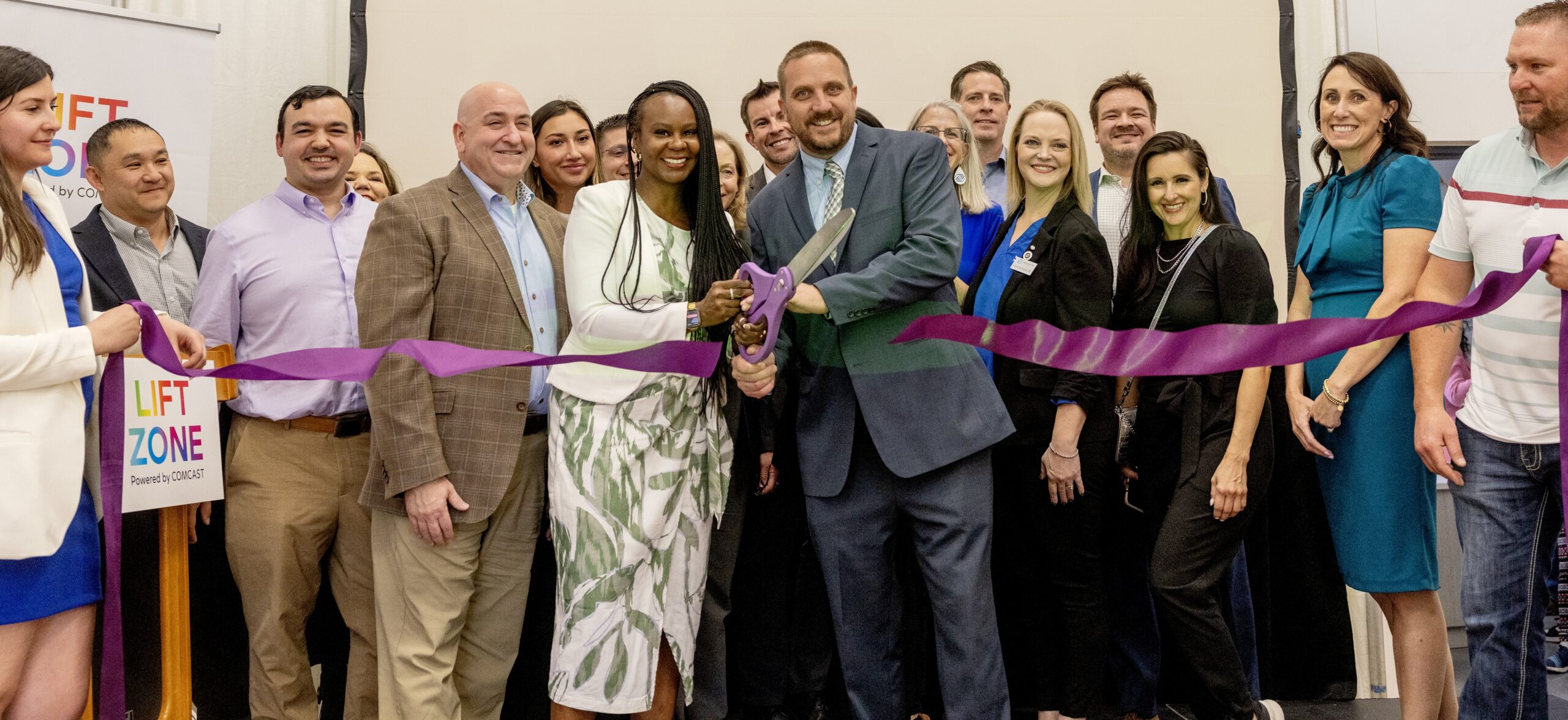What is real? AI, elections, and deepfakes
Aug 22, 2024, 6:00 AM | Updated: 2:00 pm

FILE - President Joe Biden speaks in the East Room, Jan. 19, 2024, in Washington. Authorities issued cease-and-desist orders Tuesday against two Texas companies they believe were connected to robocalls that used artificial intelligence to mimic President Joe Biden’s voice and discourage people from voting in New Hampshire's first-in-the-nation primary last month. (AP Photo/Evan Vucci, File)
Credit: ASSOCIATED PRESS
(AP Photo/Evan Vucci, File)
SALT LAKE CITY — AI-generated content is expected to have an impact on the election this year, but it’s only a start to a long road ahead.
The AI-generated content we see now ranges from robocalls impersonating the nominees or campaign staff voices to deepfakes of candidates saying things they normally wouldn’t.
There has already been one deepfake video of Gov. Spencer Cox going around this year. It falsely portrayed him admitting to fraudulent collection of ballot signatures, something his primary opponent had been accusing him of.
Director at the center for National Security Studies at UVU Brandon Amacher said that technology is just getting better. And it will only get harder to pick out what’s real and what’s artificial intelligence from here.
He compared it to 2008, when social media was up and coming and began to affect the election cycle. Cut to a few years later in 2014 and 2016, it was one of the biggest factors.
Amacher said technology is also getting better. And the small flaws we use to point out AI generated content now won’t be as visible or obvious in the future.
“I really am very concerned about preparing for future elections,” Amacher said. “When we get to a point where the content is indiscernible from reality.”
Not everyone who creates AI-generated content has a set agenda.
“It’s more just to create contention among people,” Amacher said. “Make people angry, make people mistrust institutions.”
But Amacher says there are people out there creating deepfakes and robocalls with a clear objective: trying to tear down or promote a certain candidate or person affiliated with a party.













